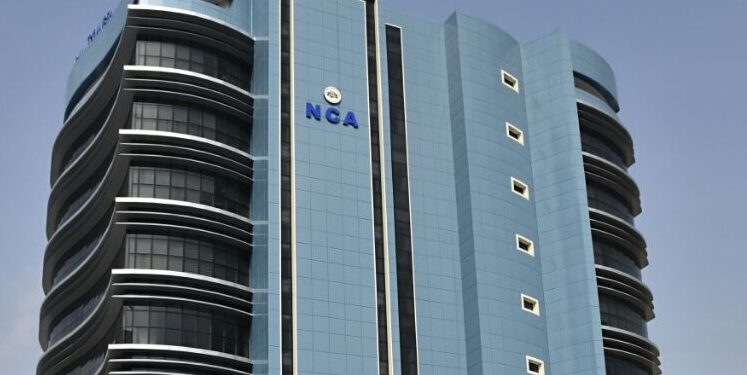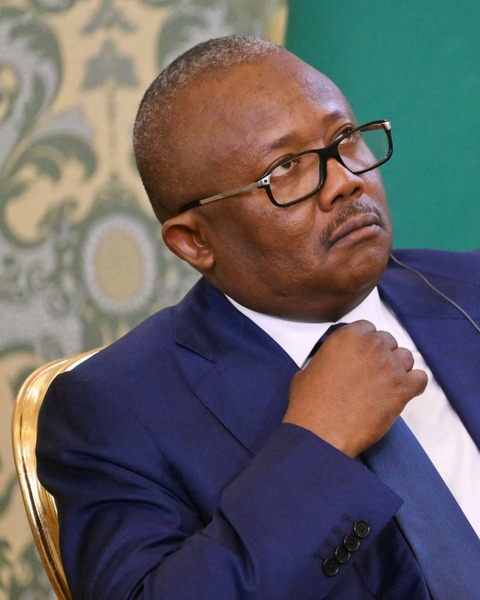On August 12, Ghana’s media regulator, the National Communications Authority (NCA) announced the suspension of nine (9) radio stations. According to the NCA, the nine stations were part of 62 radio stations which had previously been suspended on June 12, but were given a one-month amnesty period after President John Mahama intervened to reverse the suspension.
“Six (6) stations failed, refused and neglected to comply with the regulatory amnesty by taking no action. Consequently, (their operations) have been suspended,” the NCA’s statement read.
The affected stations are Donplus Multimedia Limited; Dreams Ghana Media Limited; Jam Multimedia Limited; Jewel Group Limited; Kpandai Star Community Radio; and Unique Gateway Communication Limited.
The other three affected stations, branches of Wontumi Multimedia Company in Accra, Kumasi and Takoradi, failed to address violations such as the unauthorised use of Studio-to-Transmitter Link (STL) frequencies and the operation of unapproved transmitter locations. These stations are part of Wontumi Radio, owned by Bernard Antwi Boasiako, Ashanti Regional Chairman of the main opposition New Patriotic Party (NPP), also known as Chairman Wontumi.
The MFWA commends the 53 (out of the 62 media outlets initially suspended) that took advantage of the one-month amnesty period and the call by the organisation to engage the NCA and regularize their operations. The MFWA calls on the nine defaulting outlets to engage the regulator and resolve all outstanding issues to ensure that they can be reinstated to serve their publics.
In the meantime, the MFWA reiterates its call to the NCA and the sector Ministry to publish the audit report that informed the suspensions in the interest of transparency and accountability, and to douse any possibility of political witch-hunting.






